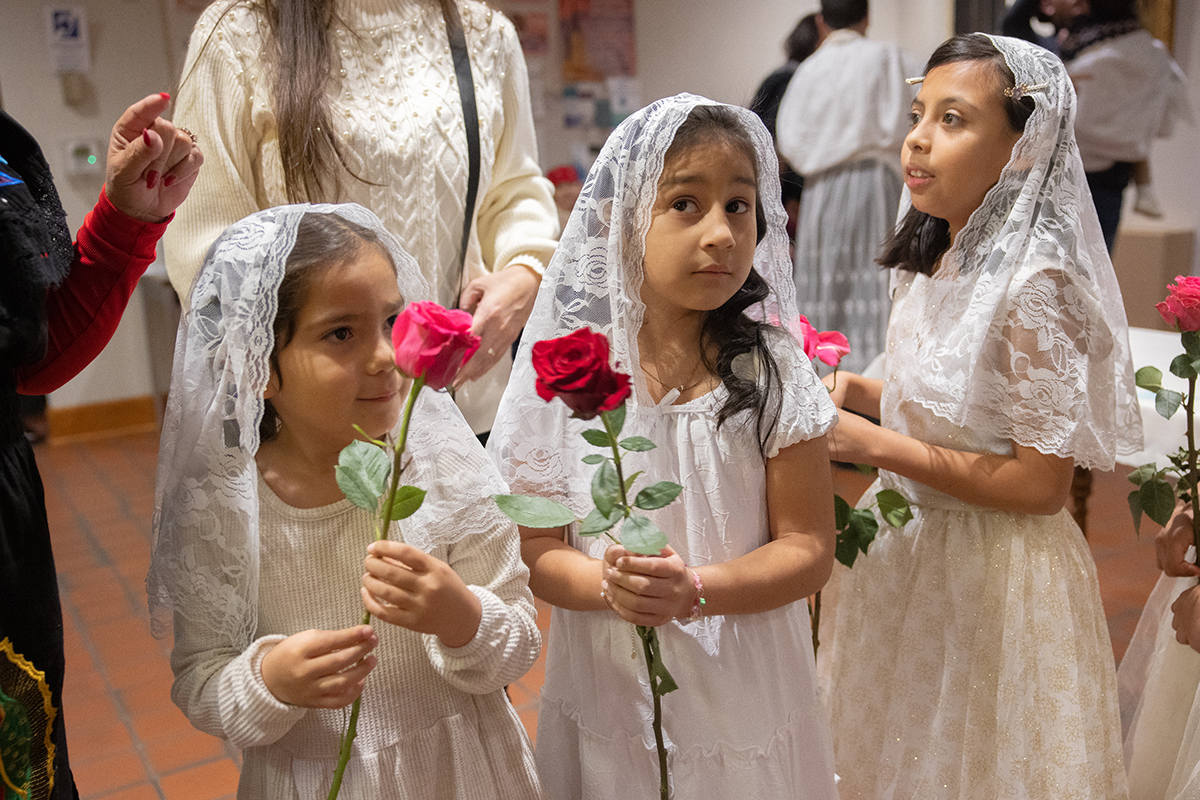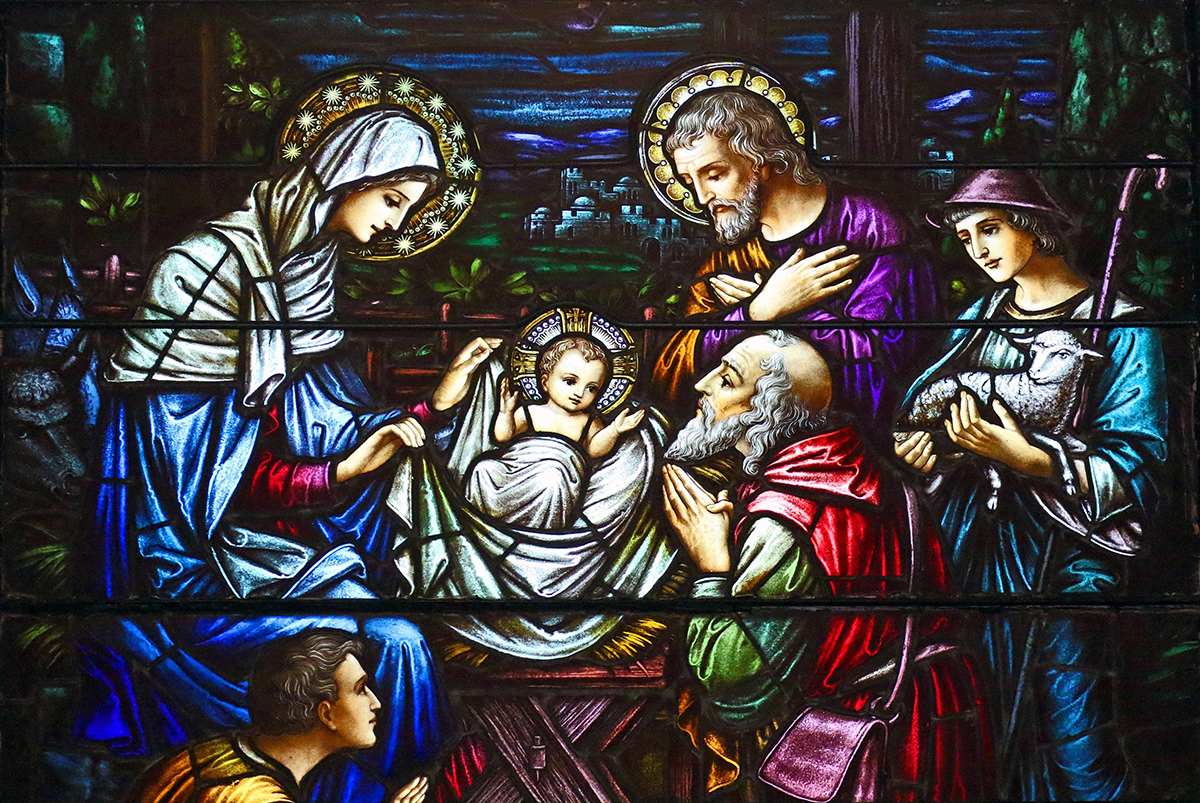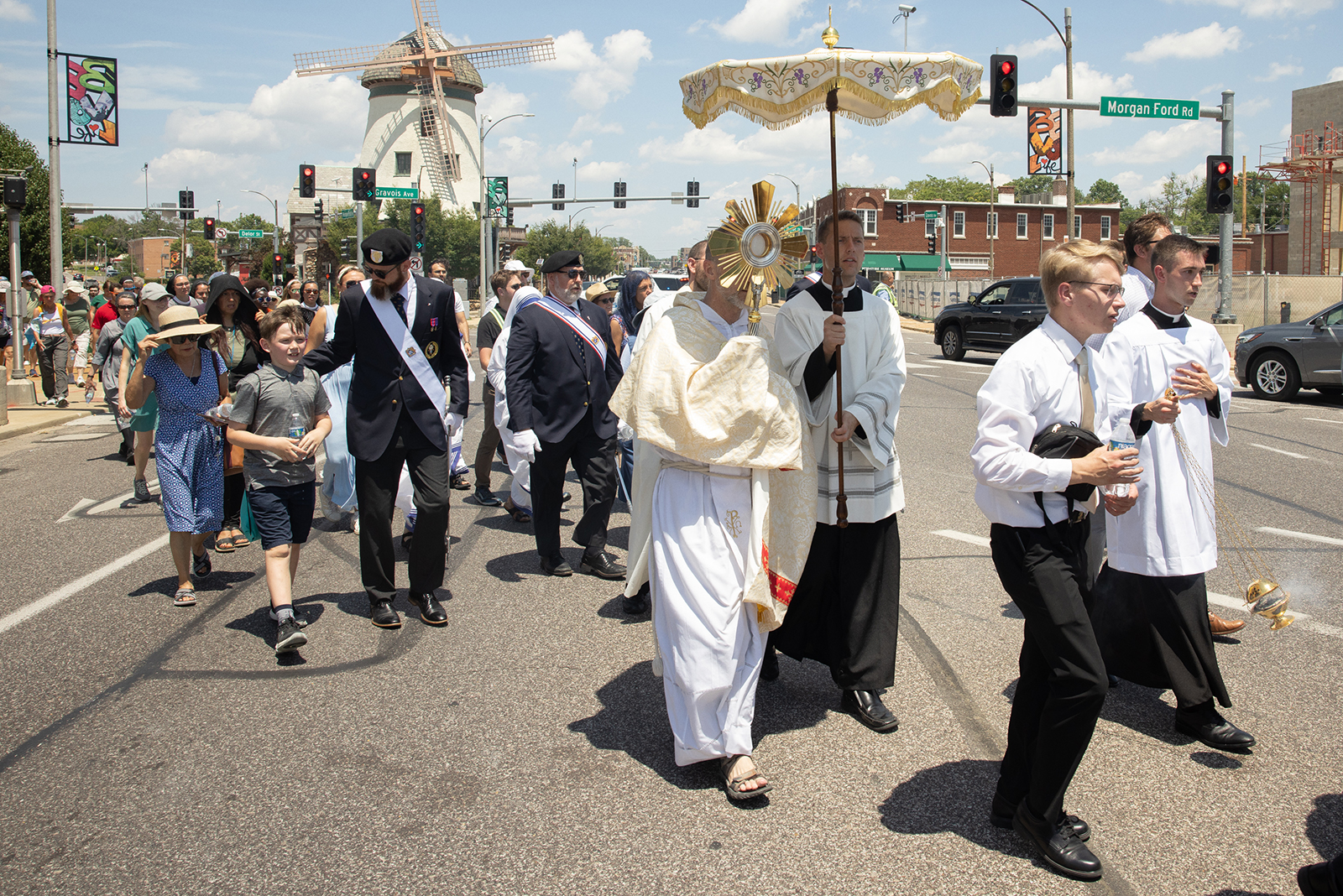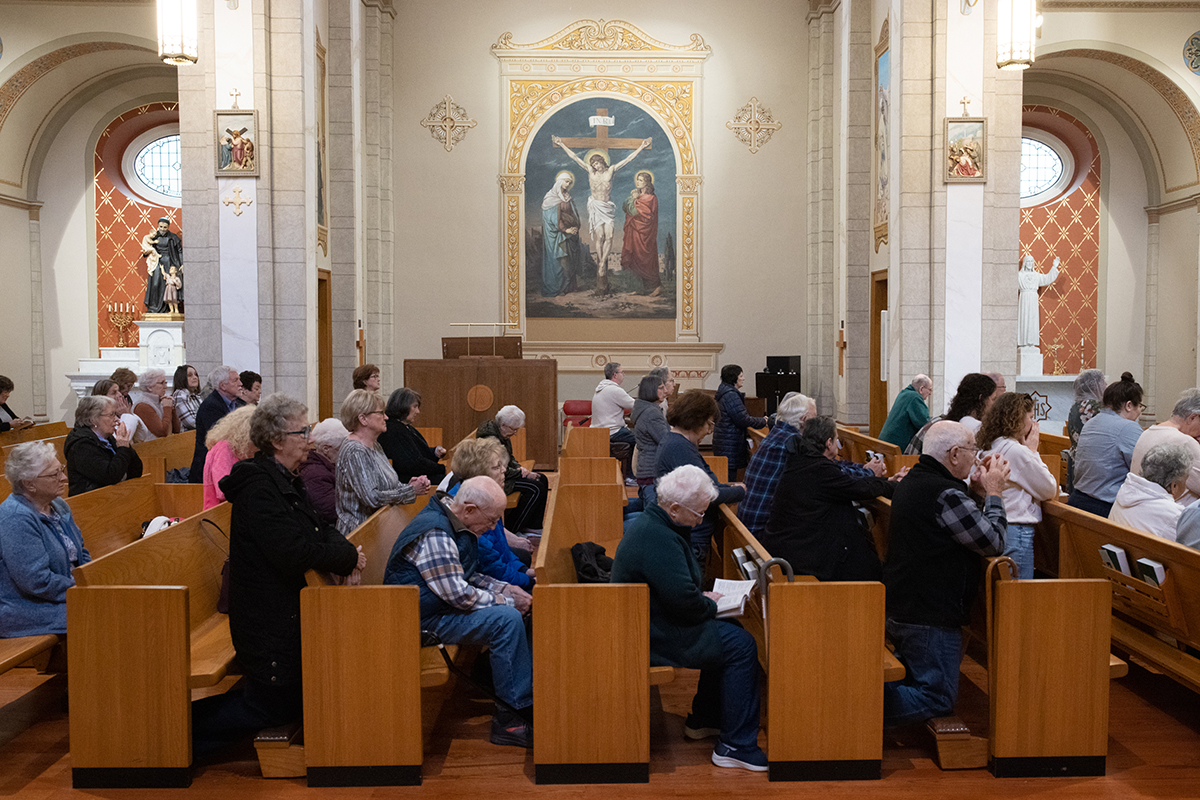Priest appointments: ‘Special Assignments’
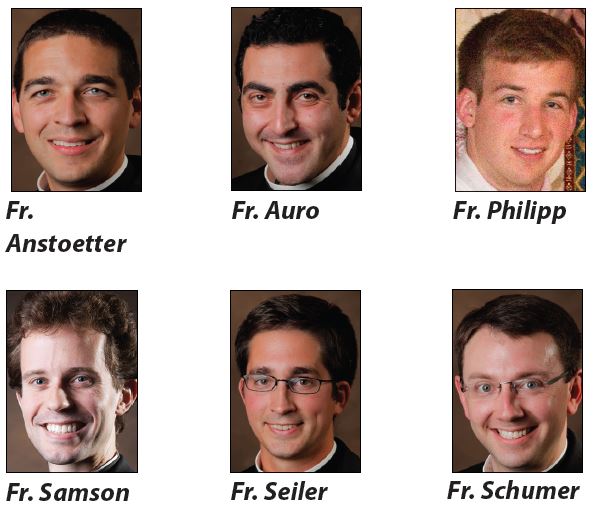
By studying in Rome priests bring benefits to seminarians and future parishioners
In the annual big shuffle of priestly appointments each June, most moves involve the comings and goings at parishes throughout the Archdiocese of St. Louis.
Newly ordained priests get their first assignments, associates become first-time pastors or parochial administrators and pastors move to new parishes, either as pastors or senior associates. Meanwhile, a few veteran priests call it a day, figuratively hanging up their collars for retirement.
But among these appointments, “special assignments” stand apart, with a subset portending to the importance of these special assignments — i.e. further graduate studies in Rome or elsewhere.
“In a large archdiocese such as ours, we have to make sure we train people for these roles,” said Archbishop Robert J. Carlson, who then named a few. “We’re the regional tribunal so we have to have people who have doctorates in canon law to serve on the tribunal.”
Formation of future priests looms large, too.
“We also need theologians, professors with pontifical degrees to teach in our seminary,” he said. “One of the best places to go for that is Rome.”
In priest appointments last month, three involved further studies:
• Father Jason Schumer returns from two years of doctoral studies in Rome. He’ll be director of worship and an assistant professor at Kenrick-Glennon Seminary, which was his job before going to Rome in 2015.
• Father Donald Anstoetter, who held Father Schumer’s post at Kenrick-Glennon for the past two years, heads to the Liturgical Institute at Mundelein (Indiana) Seminary to pursue doctoral studies.
• Father Christopher M. Seiler, who was associate pastor at St. Gabriel the Archangel Parish, also is pursuing doctoral studies, essentially replacing Father Schumer in Rome.
The archdiocese will have three priests studying in Rome this academic year. Father Seiler joins Father Charlie Samson, who has a year remaining in doctoral studies, and newly ordained Father Clark Philipp, who remains in Rome after doing his theological studies through Pontifical North America College. In addition, Father Fadi Auro is completing research and writing his doctoral thesis in St. Louis.
For Father Schumer, it isn’t much of an adjustment returning to St. Louis and settling into Kenrick-Glennon.
“It’s a big move in some ways, moving across the world, but it’s a familiar land,” said Father Schumer, who hails from Perryville. “If there’s any adjustment, it’s just getting used to living in America again. I’m coming back to the same job I was doing before; I’ve just been away from it for a couple years.”
As director of worship, Father Schumer will plan all the liturgies at the seminary. As a professor, he’ll teach lessons he learned as a doctoral student in Rome, which is part of the purpose of sending priests to study in Rome. They pass on knowledge gleaned from their studies to benefit future priests and hence their future parishioners.
“After having taught, a lot things came up that I thought, ‘I should probably teach that,'” Father Schumer said. “Part of the course preparation is adding things here and there that I wasn’t aware of before (doctoral studies).”
Among the few changes at the seminary in Father Schumer’s absence is that Father James Mason now is rector/president. But there’s familiarity in that, too. Father Mason was dean of seminarians in the final year of Father Schumer’s previous tenure at the seminary.
“I’m really looking forward to working with Father Mason,” said Father Schumer, who called it “a good situation. I worked with him before and know him well.”
Father Schumer will return to Rome in October to defend his doctoral thesis. For about a week’s time, he’ll reprise his life of seven of the past 11 years; in addition to the past two years, he spent five years — 2006-11 — studying in Rome for a theology degree and a license in sacred theology.
“The pace of life, the way of life is very different in Rome; it’s a hard thing to put to words unless you’ve done it,” he said. “It’s different living in a European city, the Italian culture. The pace of life in St. Louis is faster, but there’s also a comfort in it.”

